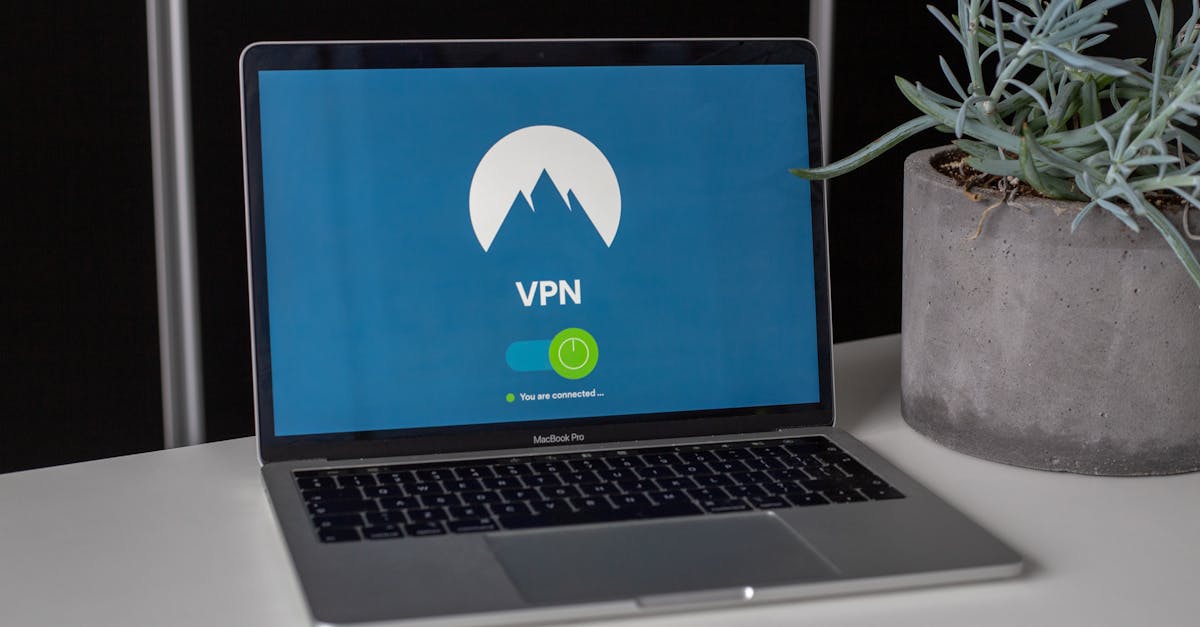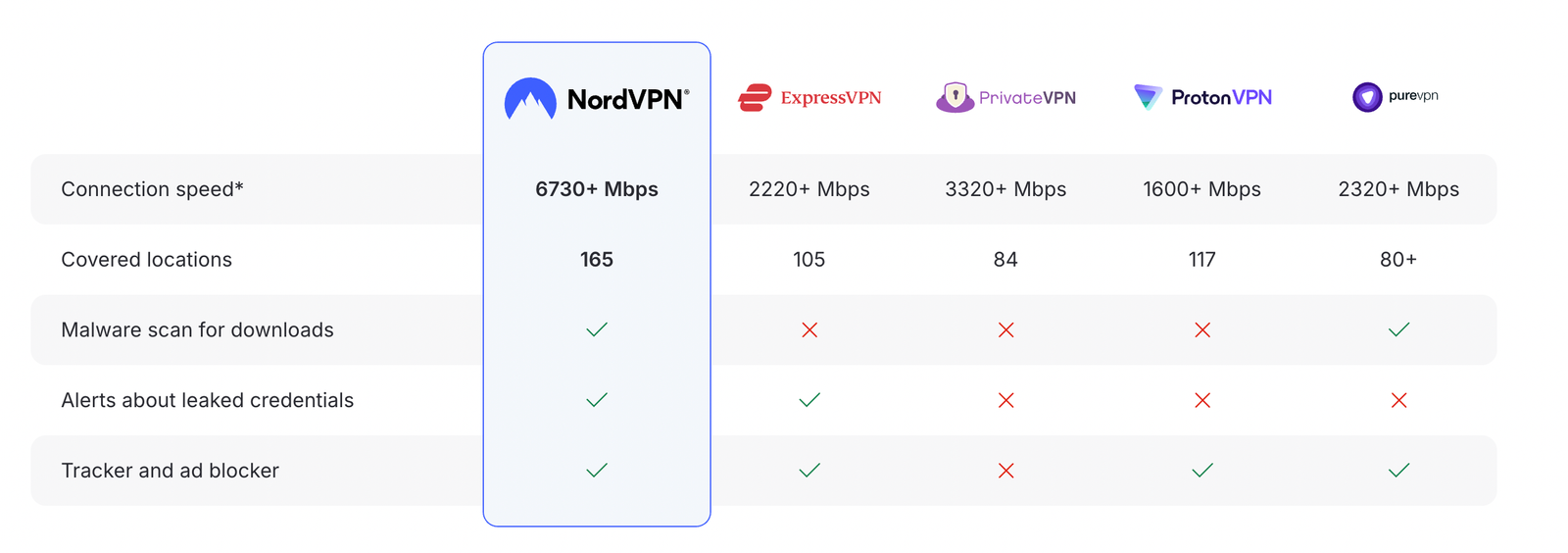Virtual Private Networks Protect Cloud Data Exchanges
In the digital age, Virtual Private Networks (VPNs) play a vital role in safeguarding online activities. They encrypt data and mask IP addresses during cloud exchanges. This ensures protection against cyber threats and unauthorized access. VPNs enhance privacy for users sharing files or accessing remote servers. Businesses and individuals rely on them to maintain secure connections in an interconnected world. Overall, VPNs are indispensable for protecting sensitive information in cloud environments.
Benefits of VPNs for Cloud Security

VPNs offer strong encryption that shields cloud data from hackers. This technology creates a secure tunnel for data transmission. It prevents interception during exchanges on public networks. Moreover, VPNs hide user locations, adding an extra layer of anonymity. Cloud services like Google Drive or Dropbox become safer with VPNs. They reduce risks of data breaches in everyday use. Users experience faster, reliable connections without compromising security. In addition, VPNs comply with regulations for data protection. This makes them essential for remote workers handling sensitive files. Therefore, adopting a VPN enhances overall cloud security measures effectively.
How VPNs Encrypt Cloud Data

Encryption is a core feature of VPNs that protects cloud data exchanges. It converts readable data into a coded format during transmission. This process ensures that only authorized parties can access the information. Hackers attempting to intercept data face an impenetrable barrier. Furthermore, VPNs use protocols like OpenVPN or IKEv2 for robust security. These protocols adapt to different cloud environments seamlessly. Users benefit from real-time protection without slowing down their activities. In addition, encryption maintains data integrity across devices. This is crucial for collaborative cloud projects. Overall, VPNs make encrypted exchanges a standard practice for secure online interactions.
Real-World Applications of VPNs

In daily life, VPNs secure cloud data for various applications. They protect remote work setups by encrypting business communications. This is vital for freelancers and teams using cloud storage. Moreover, VPNs enable safe access to geo-restricted content. They prevent tracking by websites during data exchanges. Users can stream or share files confidently. In addition, VPNs are useful for travelers on public Wi-Fi. They safeguard personal data from potential threats. Therefore, integrating VPNs into routines enhances cloud security. This technology supports a wide range of users, from students to professionals.
Why NordVPN is an Excellent Choice
NordVPN stands out for protecting cloud data exchanges with advanced features. It offers military-grade encryption and a vast server network for fast, secure connections. This makes it ideal for anyone needing reliable online privacy. Moreover, NordVPN’s no-logs policy ensures your data remains private. Choose NordVPN today to shield your cloud activities from threats. Sign up now and experience top-tier security that boosts your peace of mind. Act fast to secure your data with this trusted solution.
How NordVPN compares to other top VPNs


Disclosure: We earn a commission at no extra cost to you if you make a purchase through links here. This helps support us in creating more content for you. Thank you for your support!







